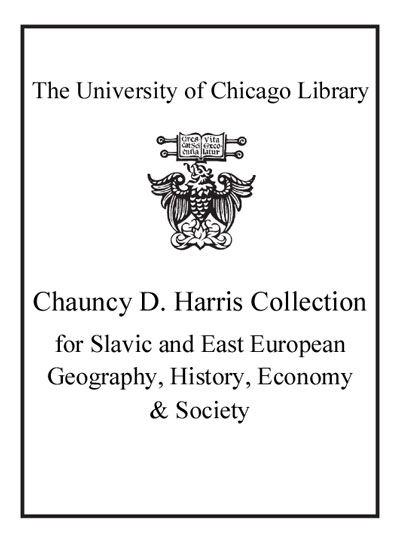Review by Choice Review
Merdzanovic (Univ. of Oxford, UK) elaborates the view that Bosnia is a consociational democracy whose prospects are undermined by the continuous intervention of foreign actors. Frequent excursions into theories of nationalism and consociationalism, Balkan history, and current political debates mean that the main thread often gets lost--a pared-down version of the same book would be more effective. Furthermore, Merdzanovic's mixture of normative and empirical analysis can make it difficult to assess his individual claims. Nevertheless, at its core this book provides insight into a case that is central to understanding the possible limits of democracy in divided societies. Particularly useful are the survey of competing nationalist histories and their ongoing relevance; the overview of Bosnian political institutions; and especially the rich history of the Office of the High Representative, drawing on personal interviews with many of the main actors involved. Central to Merdzanovic's analysis is his model of an "imposed consociation," one in which the "intervention prerogative" of an international regulatory body undermines domestic elites' incentive to cooperate among themselves. Although a brief analysis of Macedonia and Kosovo suggests that this model does not necessarily fit other Balkan cases, it certainly calls for further research to assess its broader applicability. Summing Up: Recommended. Upper-division undergraduates and above. --Philip J. Howe, Adrian College
Copyright American Library Association, used with permission.
Review by Choice Review

